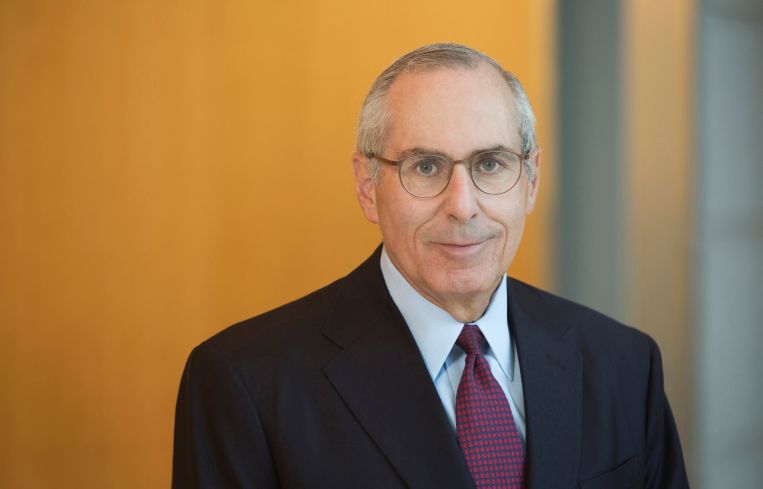Freddie Mac CEO Says He Will Retire Next Year
By Matt Grossman September 7, 2018 3:16 pm
reprints
Freddie Mac is preparing to lose its leader.
The company announced this week that Donald Layton, the company’s CEO since 2012, will retire in the second half of next year, triggering a search for a new chief executive at an agency that was responsible for nearly $75 billion in loan purchases and guarantees last year.
“Don has played an indispensable role in transforming Freddie Mac and moving the housing finance system in a better direction,” Christopher Lynch, chairman of Freddie Mac’s board of directors, said in a statement. “The board is extraordinarily grateful for his service to the company, and we anticipate that he will continue to play an invaluable role at Freddie Mac during his remaining tenure.”
David Brickman, formerly the head of Freddie Mac’s multifamily business, has been promoted to become the agency’s president, and the agency’s board named him as its sole internal candidate to replace Layton as CEO. The board will also hire an executive-search firm to consider outsiders for the role, the announcement said.
Brickman, who has worked at Freddie Mac since 1999, did not respond to a request for comment through a spokesman.
Deborah Jenkins, an executive who has led underwriting and credit for the agency’s multifamily business, will replace Brickman as the new chief of apartment lending. She left an underwriting job at Wells Fargo to join Freddie Mac in 2008.
In a Wall Street Journal op-ed this week, Rep. Jeb Hensarling, a Texas Republican who serves as chairman of the House Financial Services Committee, pressed his colleagues in Congress to end the federal converseratorship that has reigned over Freddie Mac and its counterpart, Fannie Mae, since the 2008 financial crisis. Hensarling, who also supports eliminating the agencies entirely, said he hoped Congress could at least compromise on a plan to nix the duo’s federal charters.
Layton pushed back on that view in an interview that aired yesterday on public radio.
“The whole business model does require federal backing in some form,” Layton said.
![Spanish-language social distancing safety sticker on a concrete footpath stating 'Espere aquí' [Wait here]](https://commercialobserver.com/wp-content/uploads/sites/3/2026/02/footprints-RF-GettyImages-1291244648-WEB.jpg?quality=80&w=355&h=285&crop=1)


